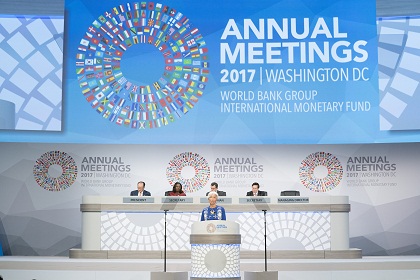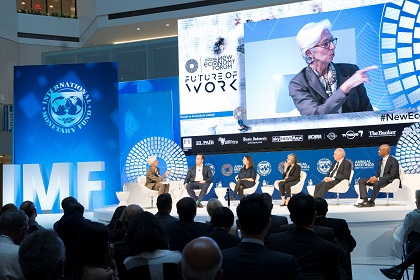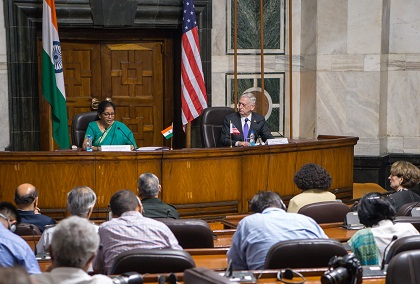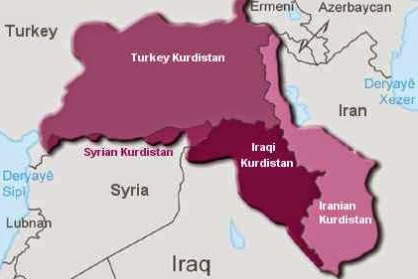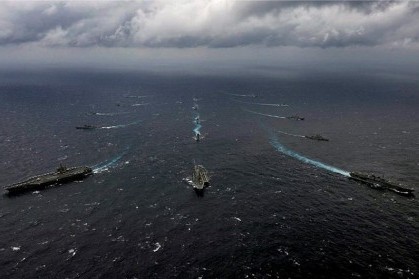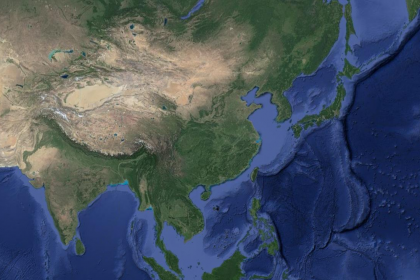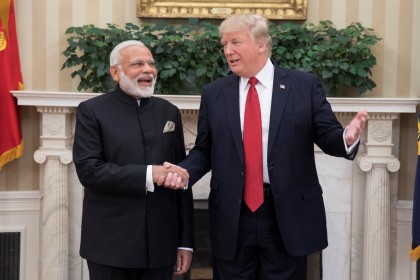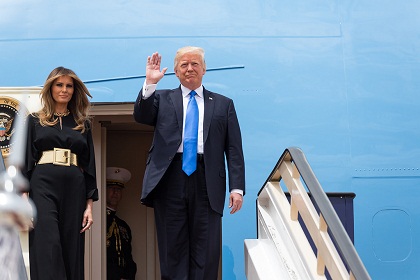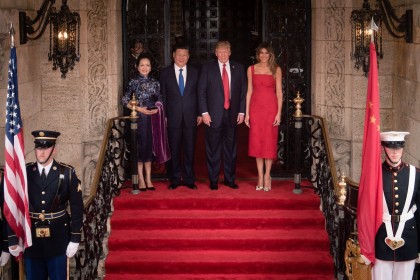Policy reforms for sustaining global growth
While the global economy is on an economic upswing, policy makers at the IMF, World Bank Annual Meetings 2017 recognised that a consistent framework is necessary to improve growth fundamentals, tackle rising debt, and address social and political concerns about rising inequities

